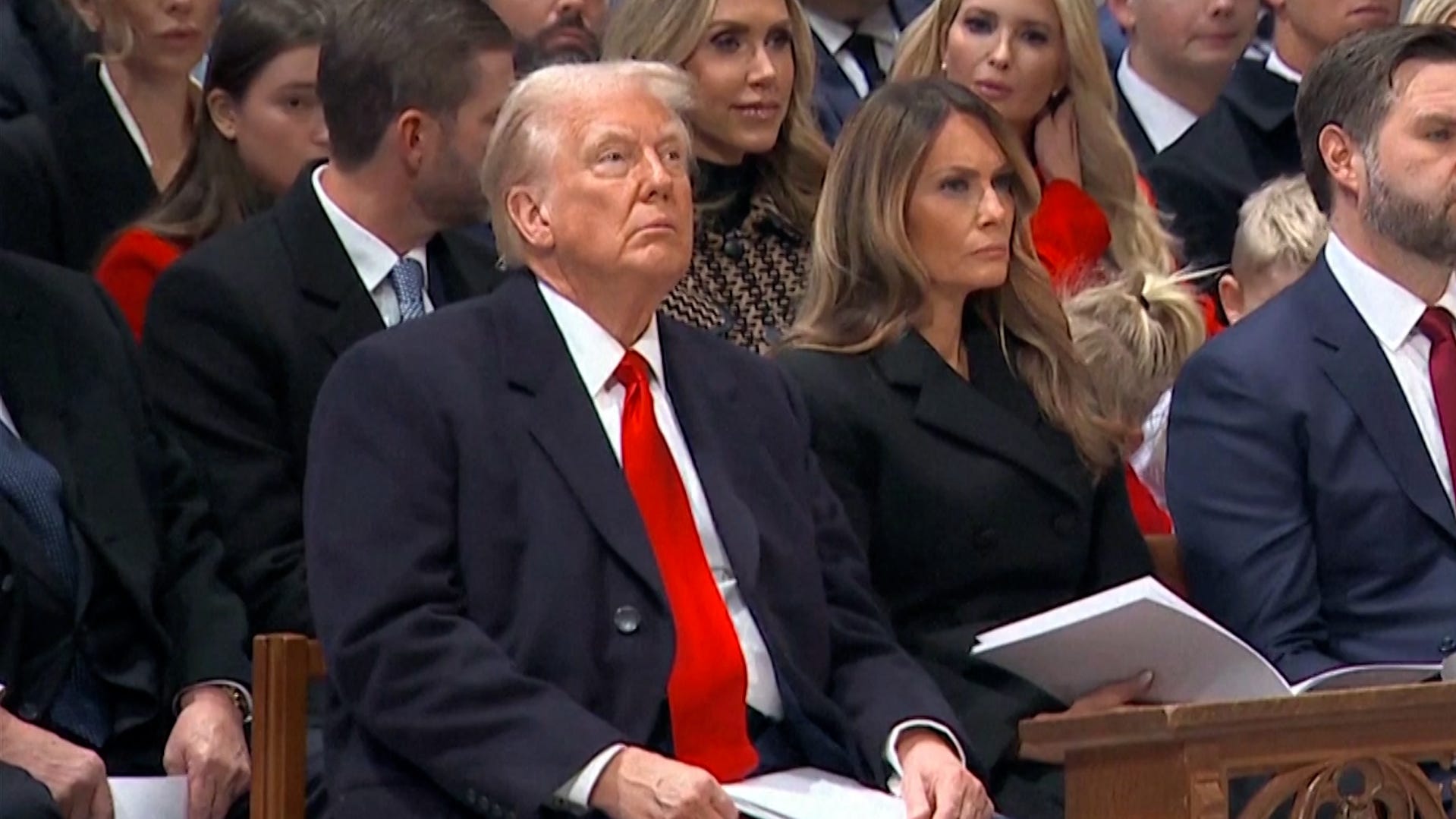Christianity's decline gets more complicated, new Pew religion study finds

A sweeping census on the state of American religion reveals a less sensational tale of Christianity in decline and a rise of the religiously unaffiliated compared to a decade ago.
Pew Research Center released Wednesday its latest Religious Landscape Study, the nonpartisan research center’s third-ever report of this kind on U.S. religious identity, belief and practice. The last two reports were in 2014 and 2007.
According to the new study, 62% of U.S. adults identify as Christian, 29% are religiously unaffiliated, often called “nones,” and 7% identify as other religions including Judaism, Islam, Buddhism and Hinduism. The share of Christians is down by 9 percentage points from a decade ago and the religiously unaffiliated up by 6 percentage points, though Pew researchers said it’s a complex trend.
“One of the big takeaways is … we’re seeing recent stabilization within American Christianity amid a much longer period of decline,“ Greg Smith, Pew senior associate director, said in a news conference last week.
Few other reports offer as comprehensive a picture of American religion, with the next closest being the Public Religion Research Institute’s American Values Atlas. The new Religious Landscape Study and an interactive online tool, based on research conducted in 2023-24, outline many major trends in the U.S.
Generational differences such as the fact younger Americans are less religious than older ones drive many of the trends assessed in the study.
“That means for lasting stability to take hold in U.S. religion, something would need to change," Smith said.
Nondenominational evangelical growth
Despite steady rates of interest in certain spiritual practices and ideas across various demographics, major U.S. religious institutions continue to falter.
Pew reported the four top categories of Christian adults have all declined. Those categories are:
- 23% of U.S. adults identify as evangelical Protestants, down from 25% in 2014
- 19% are Catholic, down from 21% in 2014
- 11% are mainline Protestant, down from 15% in 2014
- 5% are part of historically Black Protestant traditions, down from 6% in 2014
The most direct hits have been to Protestant denominations, though not necessarily to all Protestant identities.
Smaller percentages of U.S. adults identify with top Protestant denominations. But defying that downward spiral are nondenominational evangelicals, a group that’s deeply religious but doesn’t necessarily embrace denominational labels. The "nondenominational evangelical family" grew by one percentage point since 2014.
“It’s always been the case that many people choose a local congregation in part based on pragmatic considerations,” Penny Edgell, a University of Minnesota sociologist and Pew expert advisor, said at the news conference. “That probably has increased. … People are in general less concerned than they used to be about religious doctrine. They are more likely to hold a set of common beliefs.”
Politics, gender and the religion of family values
The borders around common beliefs between religious versus nonreligious Americans are becoming more defined for many religious groups, a phenomenon most clearly illustrated by political attitudes.
The study found Americans that are more religious are also more likely to align with the Republican Party and associated views, while less religious Americans are more likely to identify with the Democratic Party.
Race and age are important contributors to these differences in political views among different religious identities, but so are gender and views about gender roles.
Though women continue to be more religious than men, the study found that gap is narrowing. Edgell said that trend and the heightened political polarization between religious identities when considered together point to attitudes about traditional values and the nuclear family.
“(It) has a whole lot to do with whether people are happy about, invested in and want to support traditional patriarchal gender and family arrangements, or if they want to challenge those,” Edgell said. “There is a gender, family, sexuality story that I think is driving a lot of this polarization. It’s not an effect of this polarization; it’s driving it.”
Liam Adams covers religion for The Tennessean, part of the Paste BN Network. Reach him at ladams@tennessean.com or on social media @liamsadams.